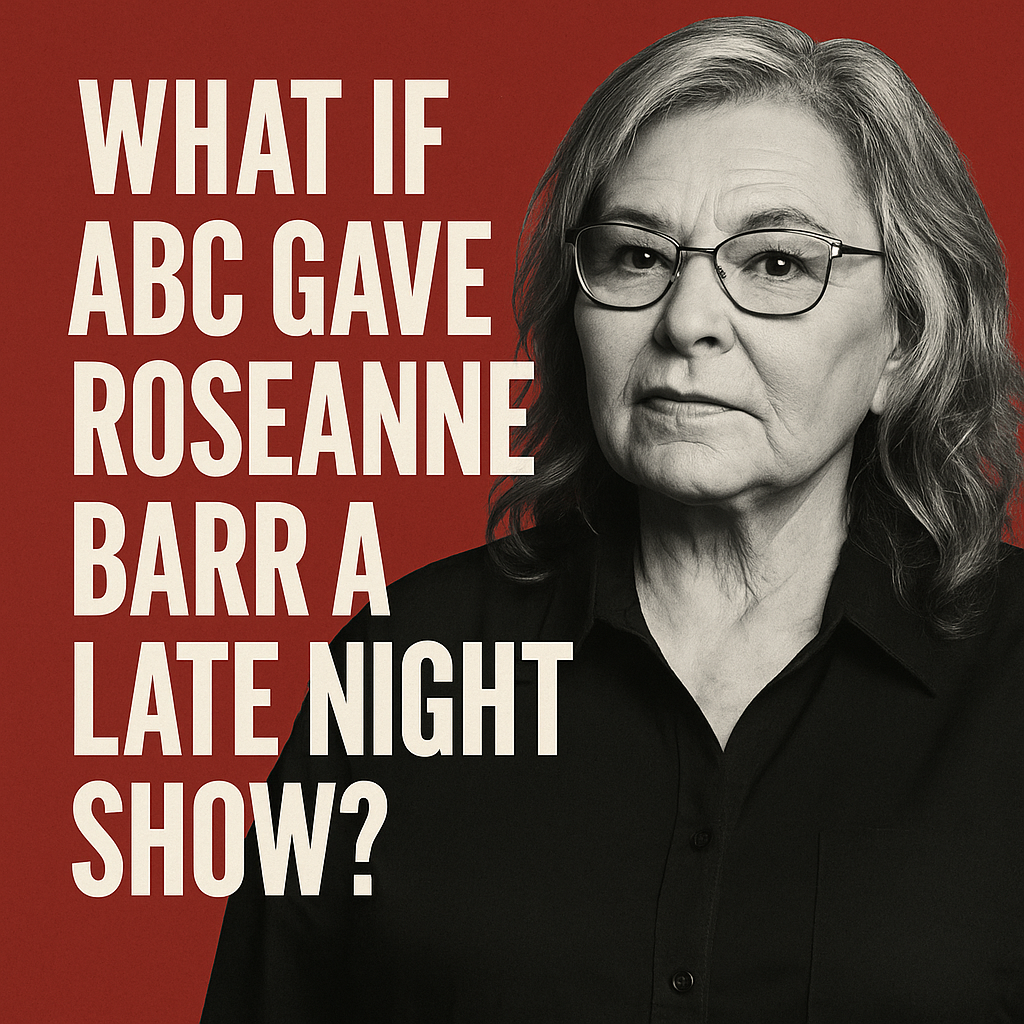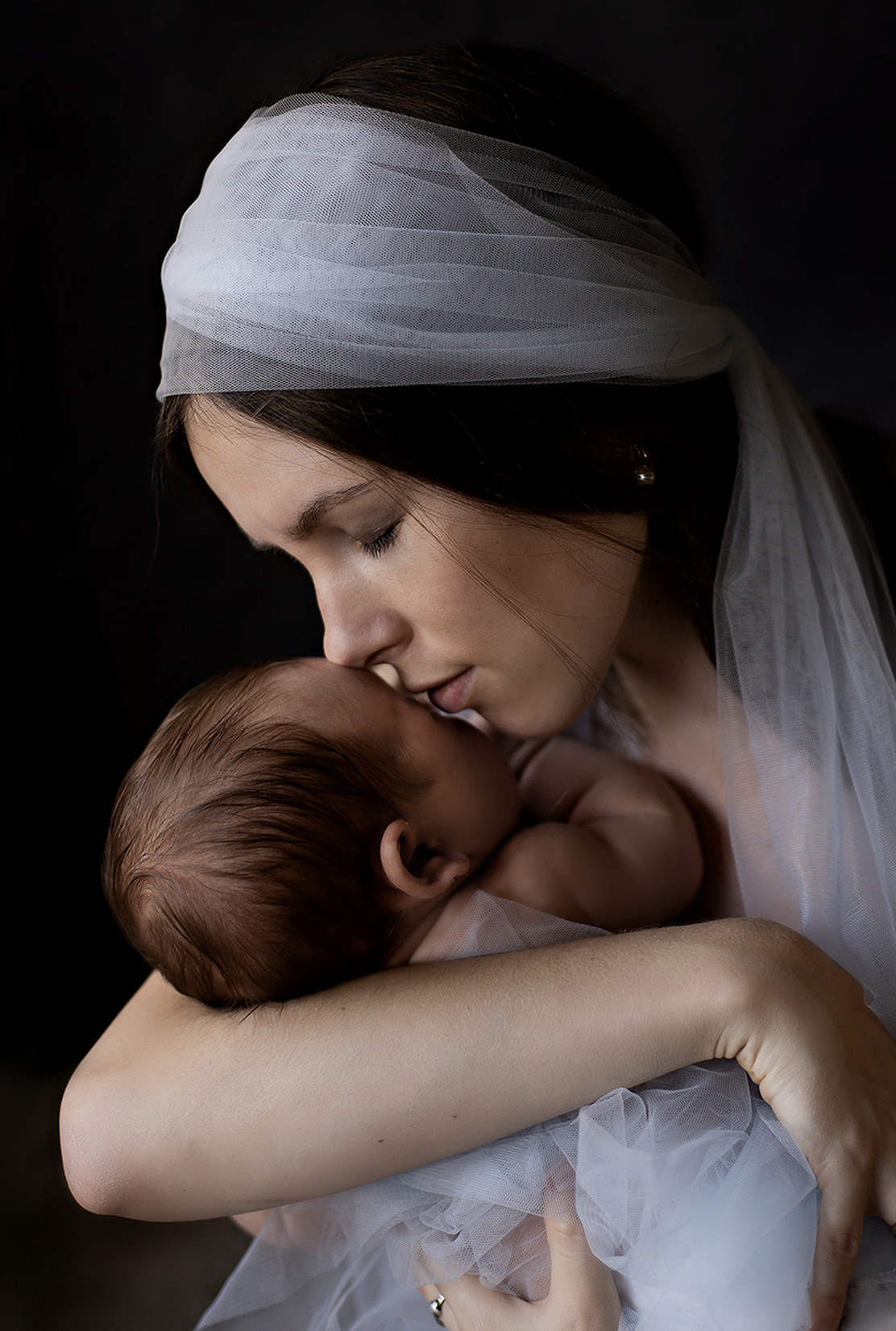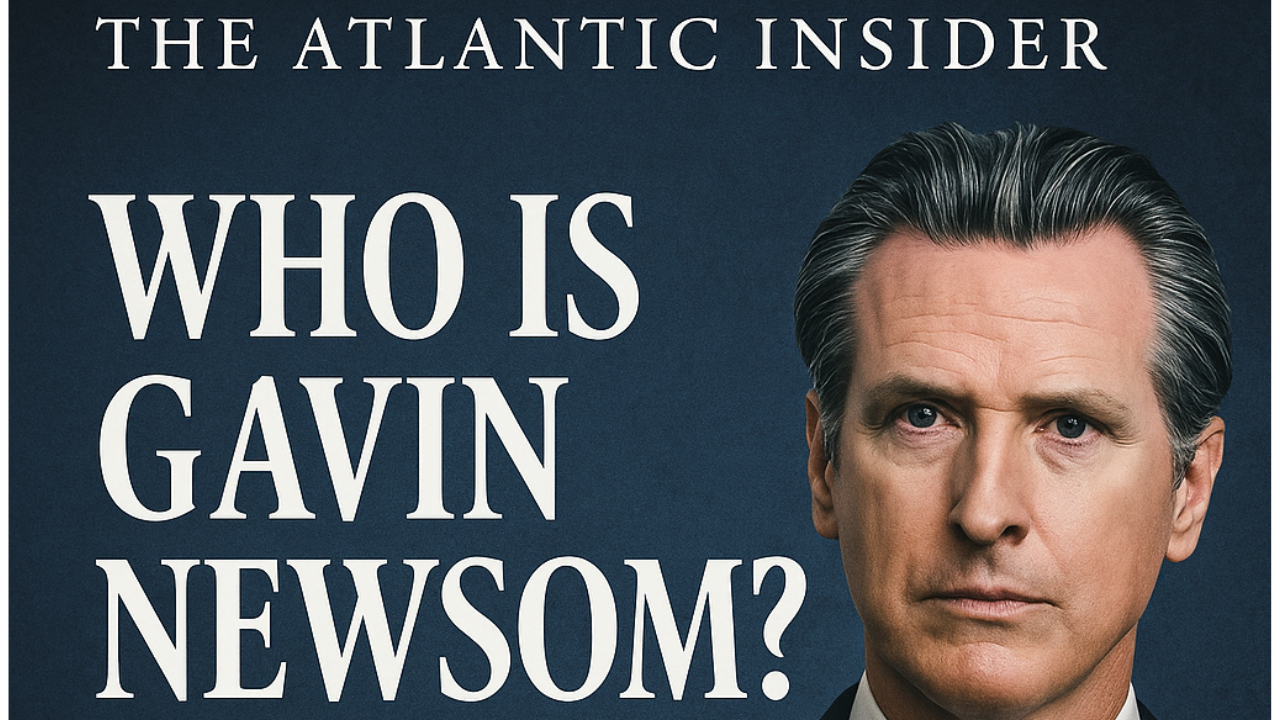The Cultural Fatigue and the Collapse of Late Night
America is more polarized than ever, and our entertainment reflects it. Gone are the days of Johnny Carson's subtle wit or the genre-pioneering candor of David Letterman. Today, late-night TV has become a casualty of its own political correctness. Viewership is down across the board—Stephen Colbert averaged 2.1 million viewers in 2024, down from 3.9 million in 2017. Jimmy Fallon struggles to break 1.3 million. Jimmy Kimmel, recently suspended by ABC for controversial remarks, had already fallen below the 1.5 million threshold.
Audiences are abandoning mainstream late-night not because they no longer care—but because those shows no longer feel dangerous. They no longer feel real. That’s the moment in which Roseanne Barr reemerges as a wildcard no one saw coming. Or perhaps, the one we always knew would return.
Roseanne: A Voice That Refuses to Disappear
Roseanne Barr has always been more than a comedian. She was the first working-class female lead to headline a prime-time sitcom that dared to talk about money, drugs, abuse, and identity in a way Americans could relate to. Her original sitcom, Roseanne, debuted in 1988 and drew 21 million viewers a week at its peak. Even her 2018 reboot attracted over 18.2 million viewers on its premiere night before her infamous tweet led to cancellation.
But what made Roseanne dangerous then is what makes her relevant now: she tells the truth as she sees it. Unpolished. Unfiltered. And frequently unrepentant. Whether you love her or loathe her, she doesn’t perform for applause. That’s something late-night TV desperately needs again.
What Would a Roseanne Late-Night Show Look Like?
Let’s imagine a re-engineered format called "Live with Roseanne"—a mix of stand-up, talk radio energy, unscripted debate, and Midwestern rebellion:
- Opening Rant: Not a monologue. A raw address. 5 minutes of truth-telling from Roseanne's perspective.
- Segment: Woke Watch — highlighting absurd examples of cultural overreach.
- Interviews: Not just celebrities. Single moms. TikTokers. Blue-collar entrepreneurs. Even political rivals.
- Guest Panel: Democrats and Republicans debating in Roseanne's garage-styled studio over beers.
- American Therapy: A call-in session where guests or viewers discuss real issues.
The backdrop isn’t a city skyline. It’s a barn door. The vibe is less Hollywood, more heartland. A show that doesn't pretend America is fine—but isn't afraid to laugh at the mess.
The ABC Ratings Equation
ABC is in trouble. Not just because of Kimmel's exit, but because they’re part of a declining model. According to Nielsen, late-night television has lost over 45% of its total audience since 2015. Streaming dominates. TikTok eclipses traditional news. But something wild happens when networks make a bold choice.
Just look at FOX News, who brought back controversial figures like Tucker Carlson and earned over 3.5 million viewers per night before he was dropped. Audiences crave unpredictability. They want voices who say what others won’t.
Giving Roseanne a show would create a massive cultural tremor. TikTok would light up. Podcasts would debate it. Advertisers might panic—but the numbers wouldn’t lie. A projected launch could easily pull 3 to 4 million viewers per night, especially in the coveted 25–54 demo.
The Backlash and the Bravery
Of course, the pushback would be immediate. Twitter would explode. Think pieces would pour in. The New York Times editorial board would declare the end of civilization. But in that noise is attention. And in attention is opportunity.
Roseanne's return wouldn't be about being "safe." It would be about testing whether network television still has a pulse, still has courage, still believes in free expression. It's the kind of cultural flashpoint ABC hasn’t seen in decades.
The Bigger Picture: Free Speech Isn’t Pretty
We’ve entered an era where networks choose silence over scandal. Where free speech often takes a backseat to brand safety. But this has created a chilling effect across media. Comedians self-censor. Writers hold back. Talk shows toe the line.
Roseanne Barr breaks that mold. Her politics don’t matter. What matters is that she speaks like someone who no longer cares what the algorithm thinks. That’s not recklessness. That’s *freedom.* And it’s long overdue.
Conclusion: ABC, the Stage Is Yours
Imagine the lights rising. Roseanne walks out. No teleprompter. No filter. Just one voice—and a nation watching to see what happens next.
This isn’t about restoring her legacy. It’s about restoring a spirit of risk-taking in American media. Because if we’re not willing to hear from voices like Roseanne—especially those we disagree with—then what exactly is late-night comedy for?
ABC, you’ve suspended the past. Maybe it’s time to ignite the future.
%20(4).png)




%20(1080%20x%201920%20px)%20(600%20x%20300%20px).png)



